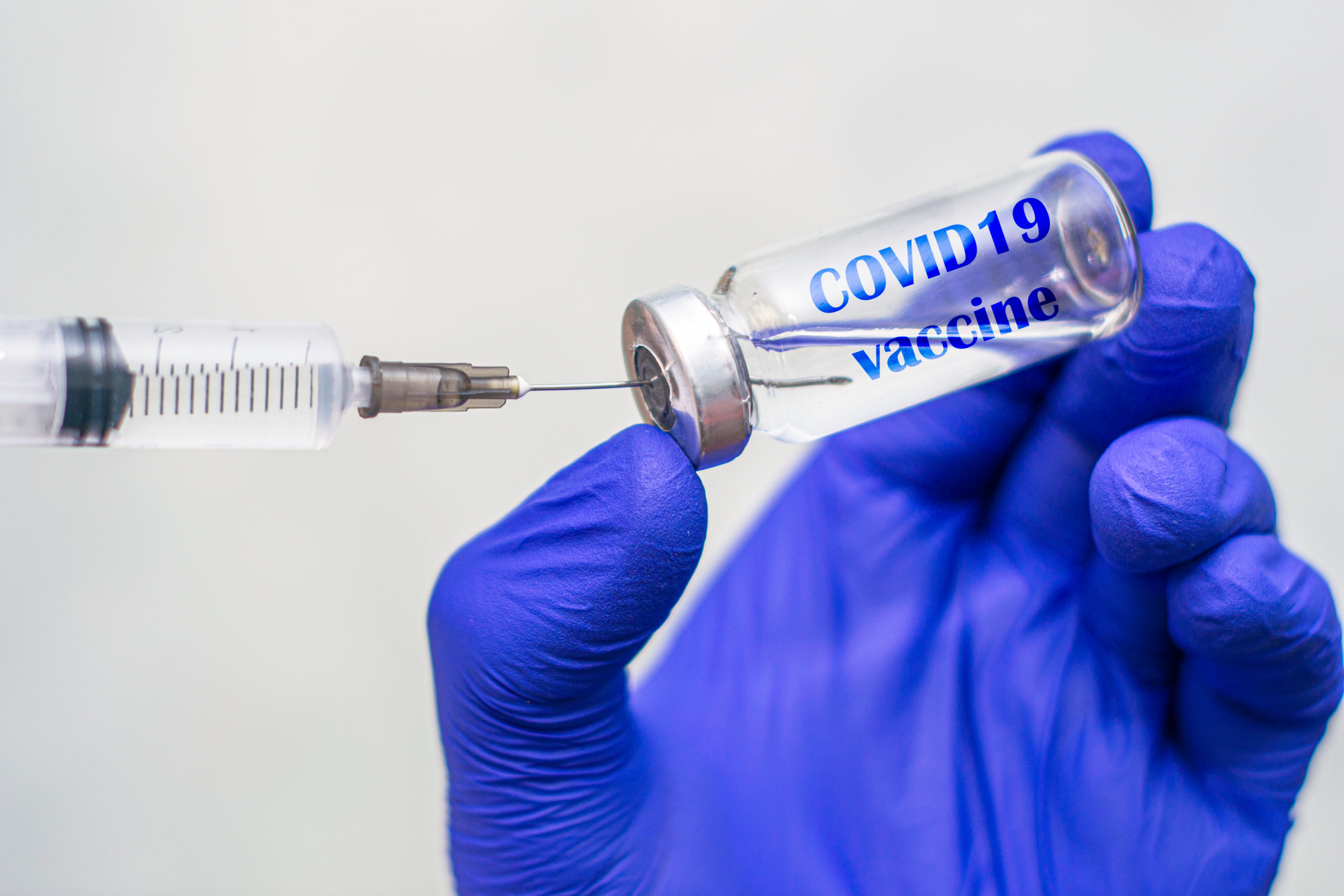Recent advancements in cancer research are providing hope for patients and families affected by this devastating disease. As of December 2023, several clinical trials have yielded promising results, particularly in the realm of personalized medicine, which tailors treatments to individual genetic profiles.
One of the most significant breakthroughs involves the development of targeted therapies that focus on specific genetic mutations present in certain types of cancer. These therapies aim to inhibit the growth and spread of cancer cells by targeting the molecular changes that drive tumor development. For instance, targeted therapies have shown remarkable success in treating breast cancer patients with mutations in the HER2 gene, leading to improved survival rates and fewer side effects compared to traditional chemotherapy.
In addition to targeted therapies, immunotherapy has emerged as a game-changer in cancer treatment. This innovative approach harnesses the body’s immune system to recognize and attack cancer cells. Recent studies have demonstrated that immunotherapy can be particularly effective for certain cancers, including melanoma and lung cancer. Patients who previously had limited treatment options now have access to therapies that can significantly extend their lives and improve their quality of life.
Moreover, advancements in genomic sequencing technology have enabled researchers to identify new biomarkers associated with various cancers. These biomarkers can provide crucial information about a patient’s prognosis and response to treatment, allowing for more personalized and effective treatment plans. As the field of precision oncology continues to evolve, there is a growing focus on using genetic information to guide treatment decisions.
Clinical trials are increasingly incorporating diverse patient populations to ensure that new therapies are effective across different demographics. This inclusivity is essential for understanding how cancer treatments may vary based on genetic, environmental, and lifestyle factors. By studying a broad range of participants, researchers aim to develop therapies that are effective and equitable for all patients.
In addition to treatment advancements, early detection methods are also being refined. Researchers are exploring innovative screening techniques, including liquid biopsies, which analyze biomarkers in blood samples to detect cancer at earlier stages. Early detection is critical for improving treatment outcomes and survival rates, as many cancers are more successfully treated when caught early.
As these breakthroughs continue to emerge, the cancer research community remains committed to advancing knowledge and improving patient care. Collaborative efforts among researchers, healthcare providers, and patient advocacy groups are crucial in translating scientific discoveries into practical treatments.
While challenges remain in the fight against cancer, the progress made in recent years offers hope for patients and their families. With ongoing research and innovation, the future holds promise for more effective treatments, improved survival rates, and ultimately, a better quality of life for individuals battling cancer.
These articles provide a detailed overview of current health-related topics in the USA, showcasing the ongoing challenges and advancements in various areas of healthcare.



